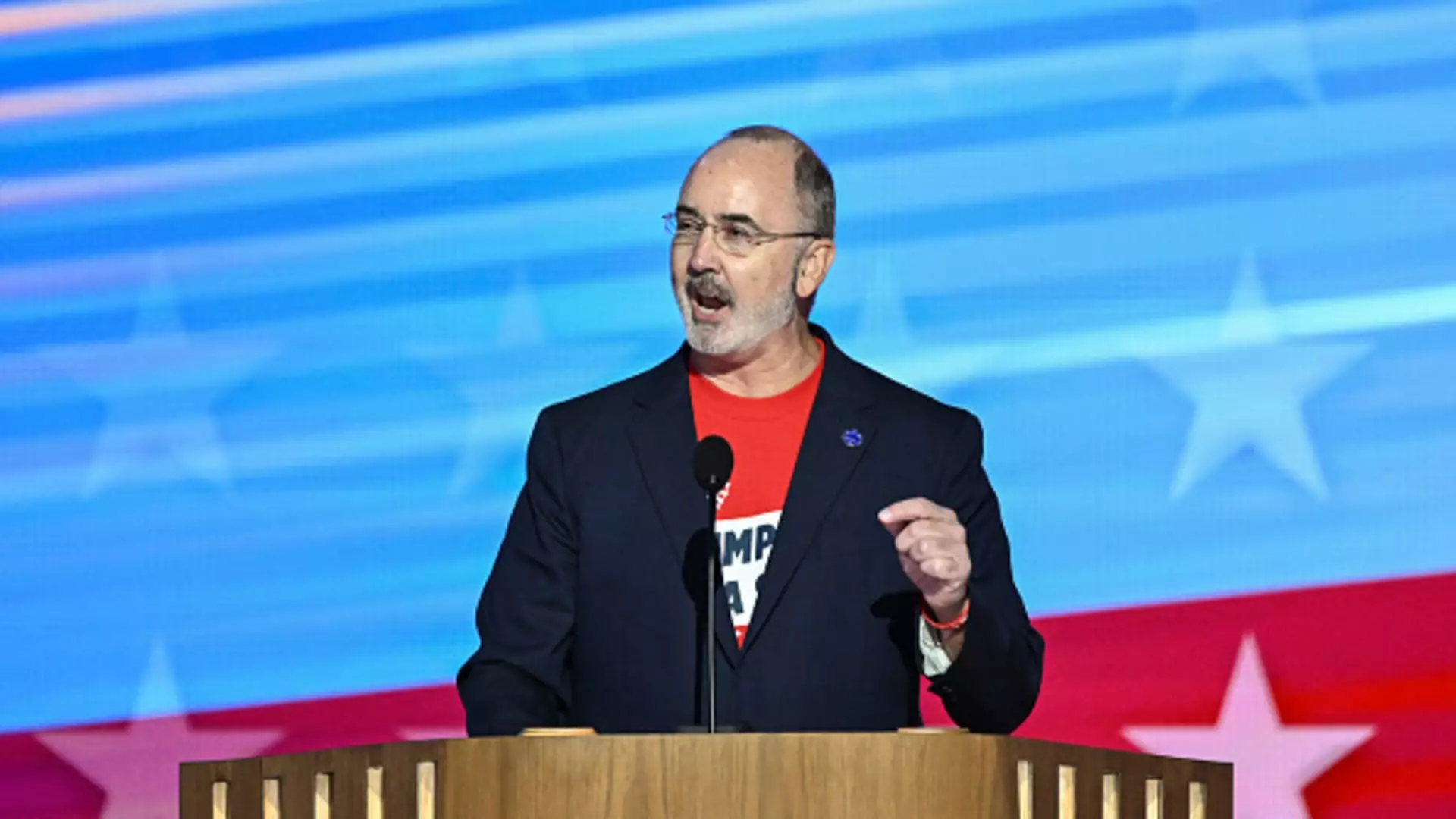In recent developments within the automotive industry, the United Auto Workers (UAW) union has filed federal unfair labor practice charges against Stellantis, alleging violations of their contractual agreement and attempts to relocate the production of the Dodge Durango outside the United States. This situation arises against the backdrop of a contentious relationship between the union and Stellantis following a new contract reached the previous year. The union’s actions signal a growing frustration over production cuts and layoffs that have emerged since the contract was ratified.
During the 2023 negotiations, UAW members achieved significant victories, including a promise to reopen the underutilized assembly plant in Belvidere, Illinois, and a commitment to manufacture the Dodge Durango in Detroit. UAW President Shawn Fain emphasized the importance of these commitments, asserting the union’s readiness to strike to uphold them if necessary. “Stellantis is trying to backtrack on the agreements we fought hard to secure,” said Fain, illustrating the union’s determination to enforce their contract.
The situation is further complicated by Stellantis’s reluctance to comment on the allegations, as the automaker claimed in August that it had not violated the terms laid out in the Investment Letter associated with the 2023 UAW Collective Bargaining Agreement. This counterclaim highlights a potential disconnect between the company and the union regarding the interpretation of the agreement and its commitments.
The UAW has asserted that various local chapters encompassing thousands of members have formally filed grievances related to Stellantis’s alleged moves to shift Dodge Durango production out of the U.S. Notably, while the union has not disclosed the specifics of the attempted relocation or its intended destination, there are suggestions in media reports indicating that production could be moved to a facility in Ontario, Canada. This potential shift raises serious concerns about American jobs and the future of the domestic auto industry.
The union’s recent filing with the National Labor Relations Board (NLRB) reiterated claims that Stellantis has not supplied the necessary information for the UAW to assess the situation accurately. These allegations emphasize a significant level of distrust between the two parties and highlight the critical nature of information sharing in maintaining labor relations. The NLRB confirmed receipt of the UAW’s filing, further lending weight to the union’s grievances.
The implications of this conflict extend beyond Stellantis and the UAW. As the union reportedly has over 24 grievances open against several automakers within the U.S., this scenario underscores a broader trend of labor unrest within the industry. The current environment points to the critical importance of preserving manufacturing jobs domestically, as well as maintaining transparency and cooperation between labor unions and automobile manufacturers.
The outcome of this dispute could serve as a precedent for future negotiations, not just within Stellantis but across the auto sector as a whole. With a delicate balance of power in the industry, labor organizations like the UAW are poised to push back against what they perceive as unfair practices, reinforcing their stance in a rapidly evolving economic landscape.


Leave a Reply